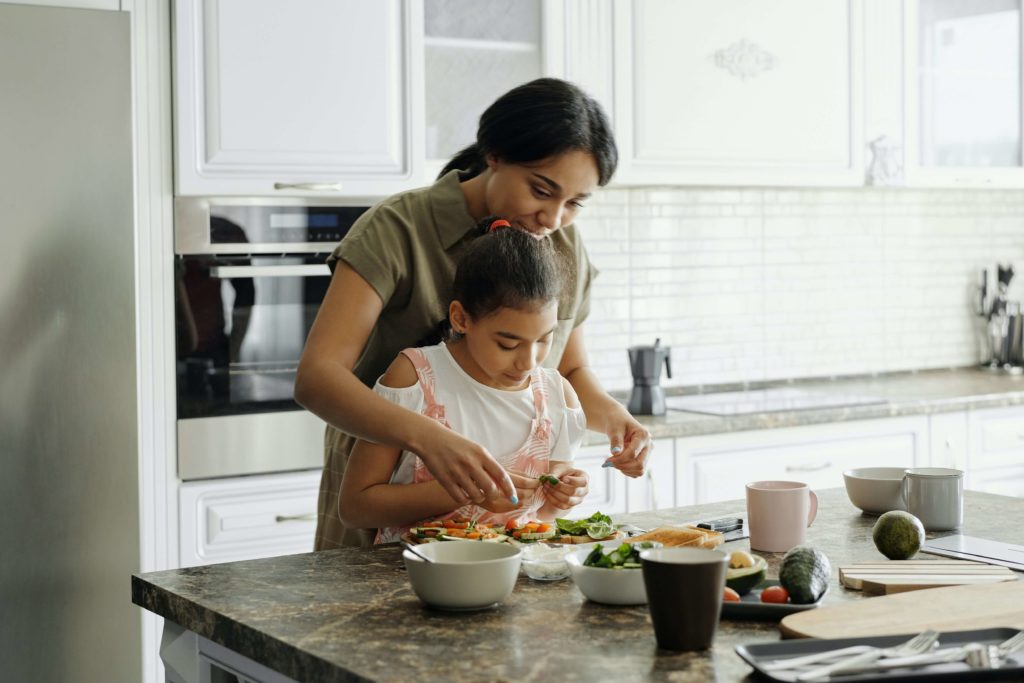
Life skills are abilities that have practical applications in everyday life such as using utensils and tools or measuring and pouring liquids.
Life skills are gained from practical experience, and benefit children attending Montessori Preschool in Agoura Hills in a number of ways. More than just learning how to do chores, life skills will help your children perform better and interact more meaningfully throughout their lives.
Regular Routines
Research has shown that regular routines are important parts of childhood development, and Montessori Preschool in Agoura Hills employs routines to assist in education. Establishing a regular routine is easier when the routine includes practical skills. For example, making the bed each morning, brushing her teeth before bed, or helping set the table for dinner are all excellent life skills that create “checkpoints” to anchor the child’s daily schedule.
Gaining Practical Experience
From tying her shoes to measuring out food for the family pet, practical life skills come from performing the same tasks on a regular basis. In turn, these chores teach children to use utensils and tools, learn to read and write, and an assortment of other experiences spread across physical, emotional, and academic development.
Creating Self-Reliance
When children begin to master practical life skills, they are better able to do things for themselves. Whether the skills are as basic as learning to get dressed by themselves or as advanced as helping mom or dad prepare the family meal, children benefit from learning how to do things on their own.
Building Self-Esteem
A child at Montessori Preschool in Agoura Hills who is able to do things for herself is going to have a better-developed sense of self-worth. Self-esteem is a critical factor in a child’s desire to learn and ability to absorb new information, so any activities that make a child feel better about herself are certain to help her learn more readily as well.
Your Montessori Preschool in Agoura Hills is dedicated to whole-child development. That means teaching her social skills, academic lessons, and helping her develop gross and fine motor skills. It also means learning to perform practical life skills that she will use again and again to accomplish goals for the rest of her life.